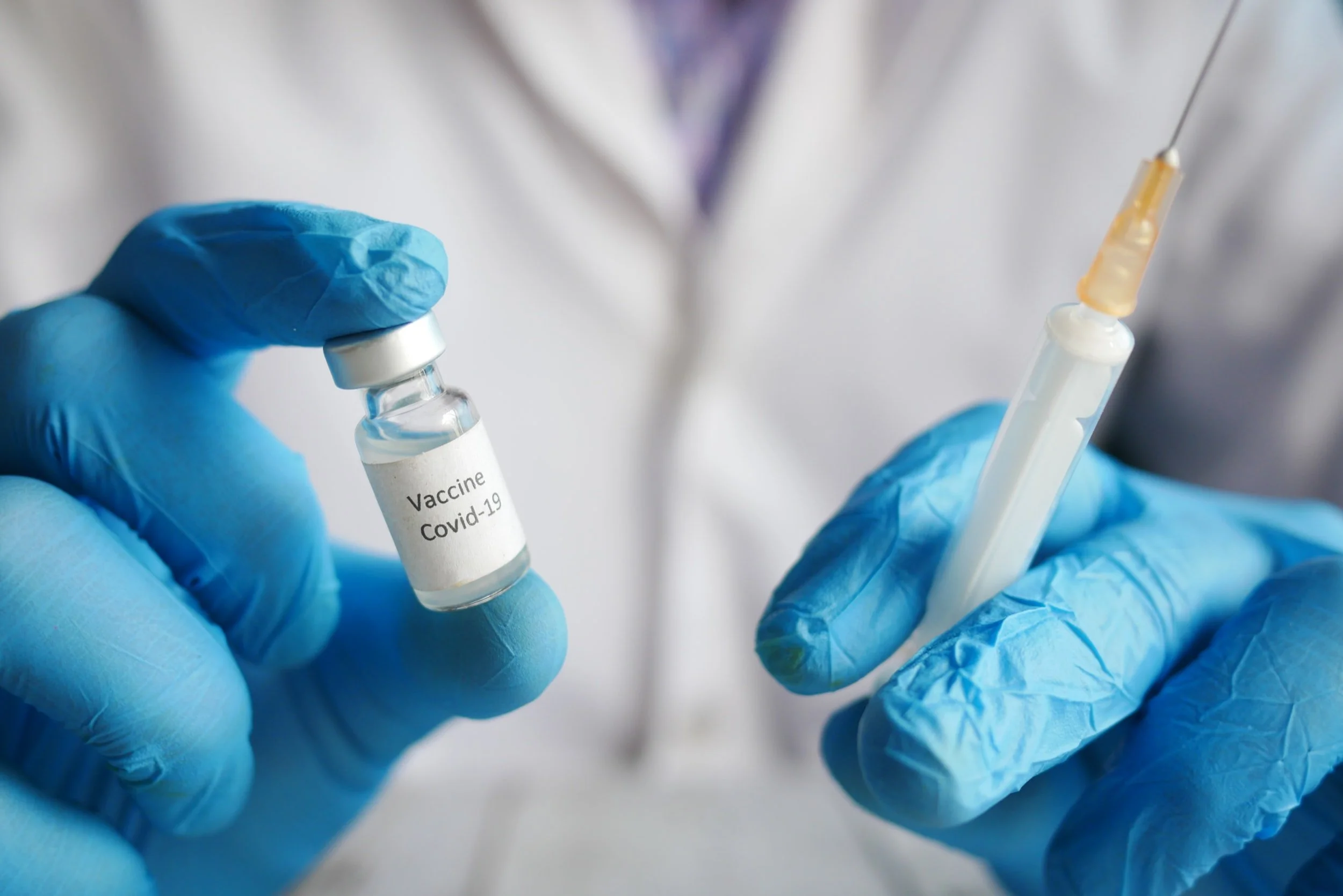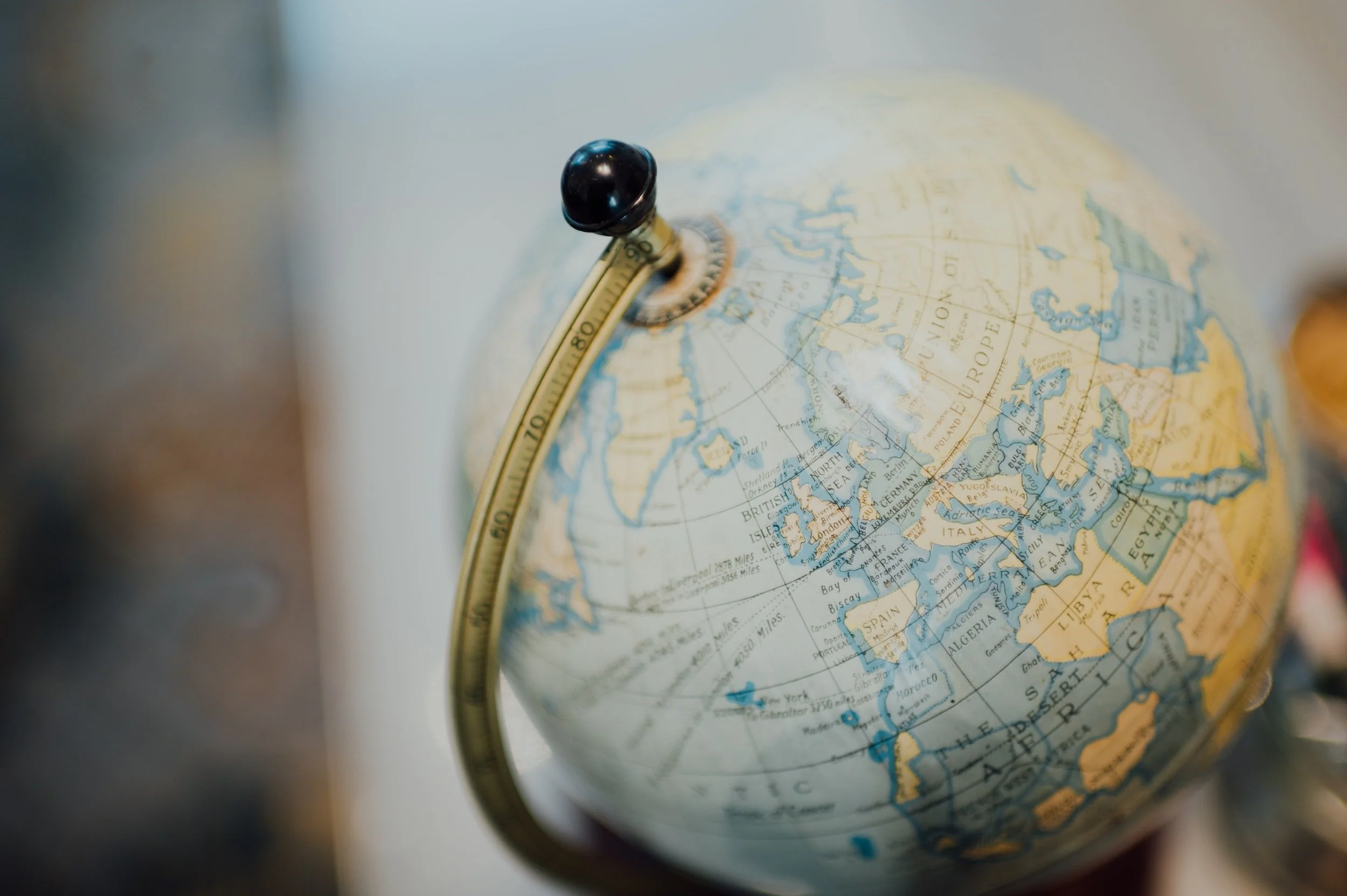Unpublished Graduate School Work

The lifesaving power of communicating the scientific process
False balance in science writing can have unintended, deadly consequences. There’s never a bad time to reflect on your reporting practices.

Unvaccinated and forgotten at home: The audio version
As mass COVID-19 vaccination clinics close throughout the Treasure Coast of Florida, homebound residents feel forgotten and mobile medical providers still need shots.

Museum exhibit writing: Botanical reflections
Lindsey Leake writes a museum exhibit blurb for a “Red Congo” philodendron (Philodendron “Rojo Congo”) she saw at McKee Botanical Garden in Vero Beach, Fla.

COVID-19 story tip: Convalescent plasma may be effective therapy for treating coronavirus
Nearly a month into the COVID-19 pandemic, neither preventative treatment for people exposed to SARS-CoV-2, the coronavirus that triggers the disease, nor therapy for those who go on to contract the disease itself exists.

Tip sheet: Climate impacts human speech
Cold, arid environments, compared to warm, humid climates, negatively influence phonation in human tonal languages by restricting vocal cord movement and control, a PNAS study finds.

Slippery friends: An essay
It was a Friday night the first time Lindsey Leake found a lizard in her apartment. Aug. 9, 2019, to be exact.

Why more major hurricanes are in the forecast than usual
The 2020 hurricane season will be more active than usual; more named storms will form than in recent decades, and the United States and Caribbean face increased probabilities of major hurricanes making landfall. This is the outlook envisaged by the Tropical Meteorology Project at Colorado State University.

Warming climate breeds more female sea turtles, FAU researcher says
FAU’s Jeanette Wyneken used a simple expression to convey the effect of temperature on sea turtle sex: “Hot chicks, cool dudes.” That is, warmer temperatures in underground nests yield more females; cooler nests produce more males.